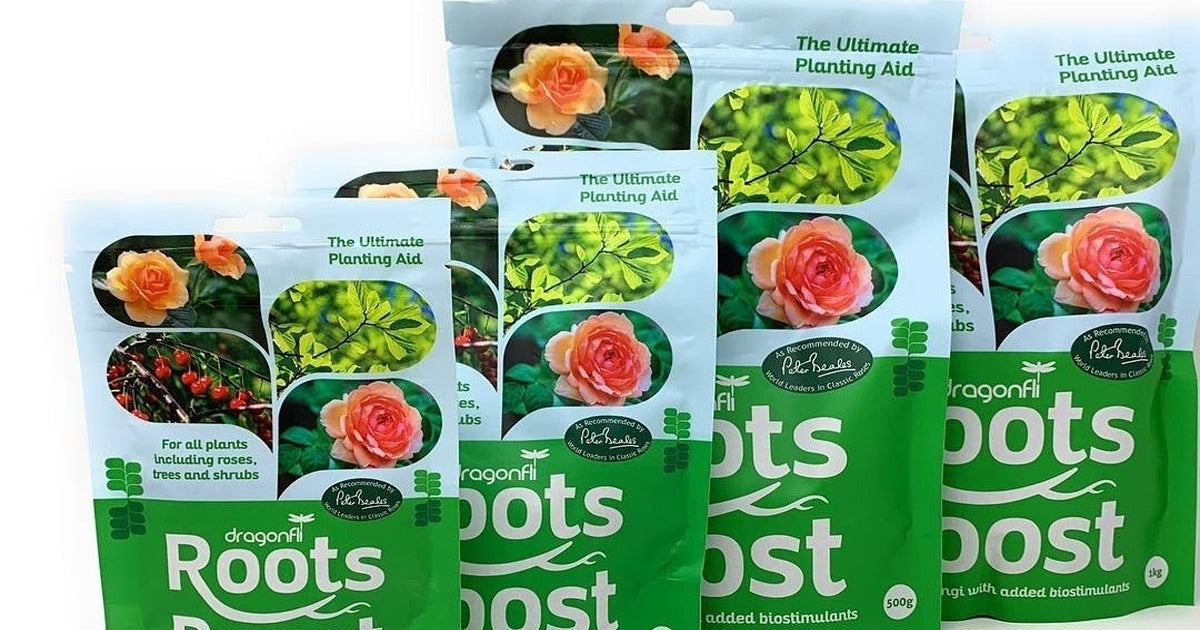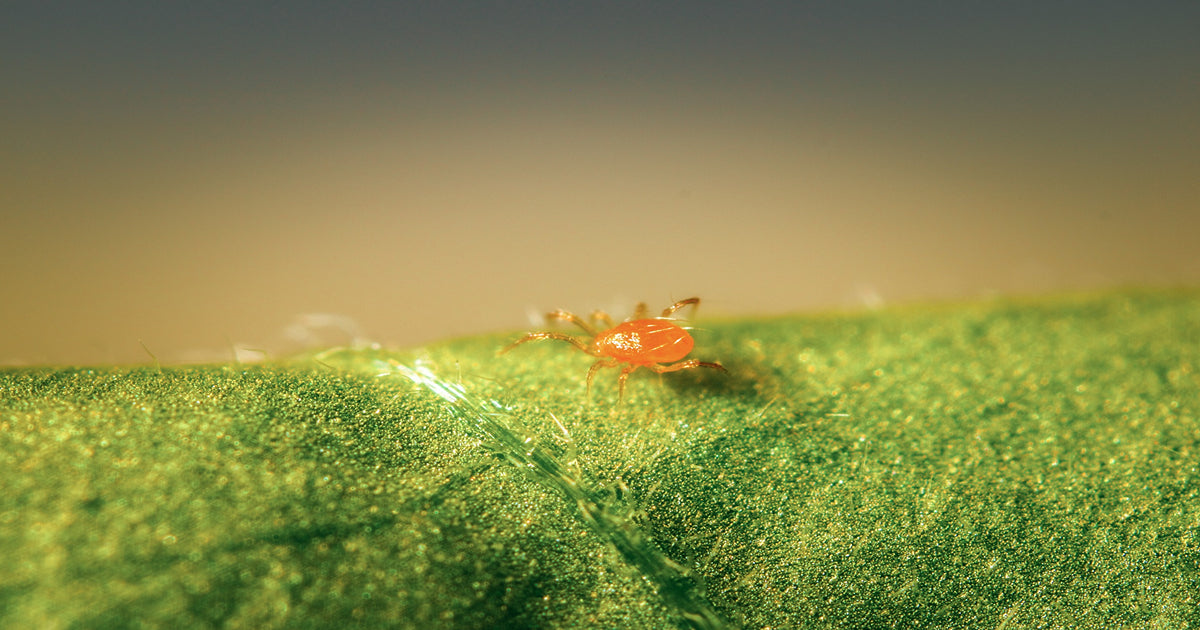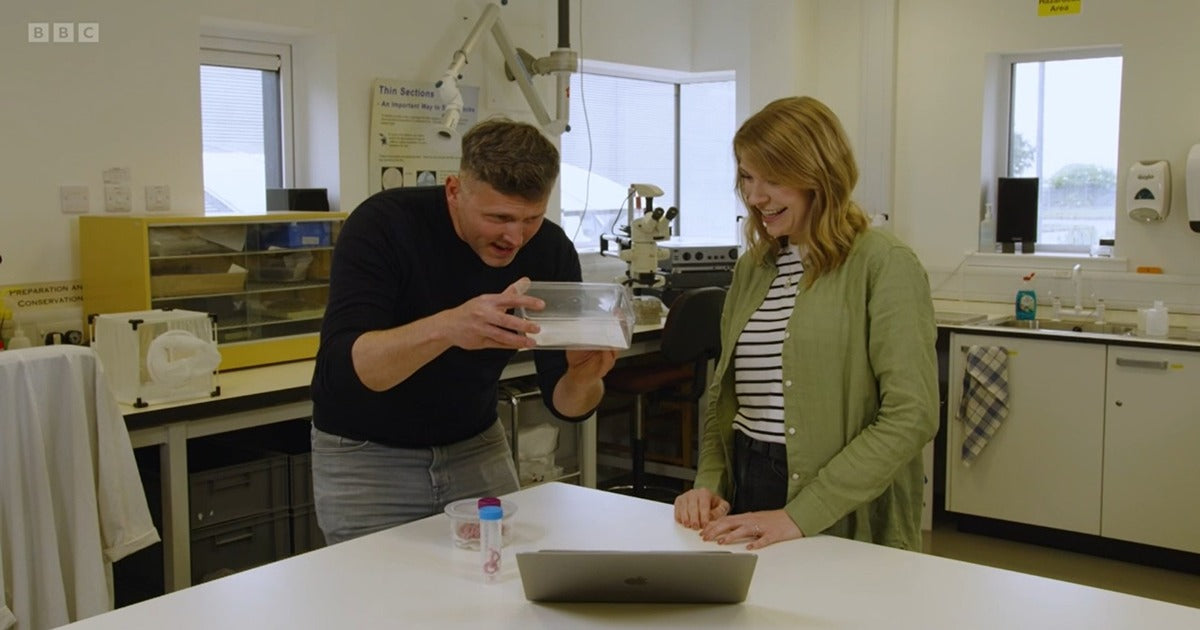
Plant Health Website Category Launched To Help You Plant, Maintain & Recover Your Plants
We have published a new plant health website tab for 2021, which offers multiple sections and relevant products to help you protect your plants at different stages, for example at the bare root planting stage which is ongoing now. Plants need protection not just from insect pests but from diseases and disorders, especially now few fungicides are available to gardeners, but thankfully there is now more knowledge about how to protect plants from diseases with natural biostimulants. These biostimulants enable healthier root and plant growth, making plants more resistant to pest and disease attacks. The biostimulants also help plants to recover after any such attacks.

Find our new Plant Health page here.
Expanded Dragonfli Biostimulant Boost Range To Aid Plant Growth & Protection This Winter

Fig insisted on the Roots Boost rebrand...
Dragonfli have launched a range of new liquid boost biostimulants to aid your plants this season. To complement our already highly popular Roots Boost product, we have released the following Boost products:
Root Stimulator Boost is a plant-based liquid alternative to synthetic hormone rooting powders. This boost aids the production of plant auxins, which are the plant hormones that promote root formation, which make roots develop and grow. Root Stimulator Boost is best served for use at propagation.
Calcium Boost is a liquid calcium that provides a multifunctional boost for plants and helps them sustain less damage from pests. Early and regular application of Calcium Boost to plants has shown reduced damage from Lily Beetles, Cabbage White Caterpillars and even Rabbits. Calcium Boost also helps reduce several plant disorders including Blossom End Rot, Bitter Pit and Tip Burn.
Sulphur Boost is a 100% natural, micronised liquid fertiliser, which increases the amount of sulphur plants absorb. Sulphur is an important nutrient and provides plants with the necessary amino acids, vitamins, proteins, antioxidants, and enzymes. It is a key element in healthy plant growth, and will improve biological activity which bolsters the immune system of plants; improving their resistance to a variety of diseases.



Our Boost range has expanded to include Root Stimulator Boost, Calcium Boost & Sulphur Boost. All Boosts contain natural biostimulants to help your plants.
Advice When Planting Box Hedges


Box hedges can turn from a luscious green to a barren brown if they succumb to Box Blight or infestation from Box Tree Caterpillars.
A good example of planting that could require a biostimulant Boost is with any bare root Box Hedges that you may be planting in this current bare root season. Box plants can suffer heavily from blight and are vulnerable to attack from Box Tree Caterpillars in the spring and summer. They need a good start with strong root growth. Apply Roots Boosts Mycorrhiza Fungi in the planting hole of the bare root plants, and just under the surface when you backfill. This will help the plants develop a strong root system enabling them to take up nutrients and water when they require.
In the spring, to further enhance their development, apply Soil Boost granules as a top dressing above the base of the plant at about 20g per square metre. Soil Boost is a plant based slow release organic fertiliser which provides a natural alternative to synthetic slow release fertilisers. Application can be repeated in the autumn. Soil Boost will help maintain healthy growth, which makes it more difficult for plant pathogens, such as blight, to establish. Also try to keep a good air flow around the plants and avoid overwatering.

Apply Soil Boost as a top dressing after planting to maintain healthy growth. You can find our Soil Boost here.
Beware The Box Tree Caterpillar..
Box Tree Caterpillars will hibernate as cocoons in Box hedges from November to March, sometimes even as caterpillars in mild conditions. Ensure to remove any you see in this period.

Box Tree Caterpillars can cause severe harm to Box plants if not treated or removed upon identification.
From April, place out our Box Tree Caterpillar Moth Pheromone Traps to warn off any new moth activity. If new caterpillars appear, apply our Box Tree Caterpillar Killer Nematodes as soon as they appear, when the caterpillars are young.
Contrary to some information circulating in the garden media, it is not legally permitted to apply the bacteria: Bacillus thuringiensis if you are a hobby gardener, as it is only permitted for professional use in the U.K. You can find more detailed information on how to apply our nematodes and look after your Box Tree plants here.
Comments (2 Responses)
Andrew Luce
Thank you for the insightful article on Biostimulants and protecting new box hedge plants. While I appreciate the information provided, I believe there might be alternative methods worth considering. In my experience, [mention your experience or viewpoint]. Additionally, it would be beneficial to explore the potential drawbacks or limitations of biostimulants, ensuring a well-rounded perspective for readers. Nonetheless, your dedication to promoting healthy plant growth is commendable, and I look forward to more engaging discussions on this topic. Keep up the good work!





30 January, 2024
Julian Ives
Hi Andrew,
Thanks for getting in touch and for your feedback.
We aim to post more blogs and information this year on biostimulants and other natural ways to promote healthy plant growth. These posts may be of interest to you so please stay tuned – hopefully you will then find the additional information you are looking for.
Alternatively, if you have any specific queries you would like to ask, don’t hesitate to get in touch and we’d be happy to advise.
Thanks again for reading and engaging with us, and we look forward to being of service to you throughout the year ahead.
Kind regards,
Julian Ives [Director, Dragonfli]